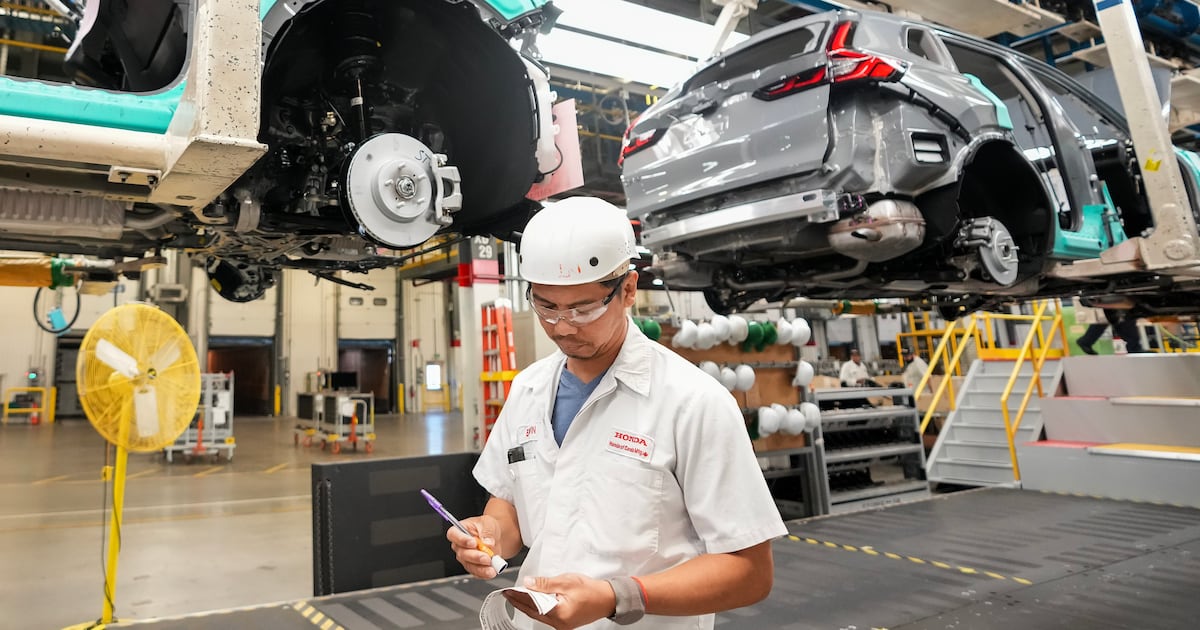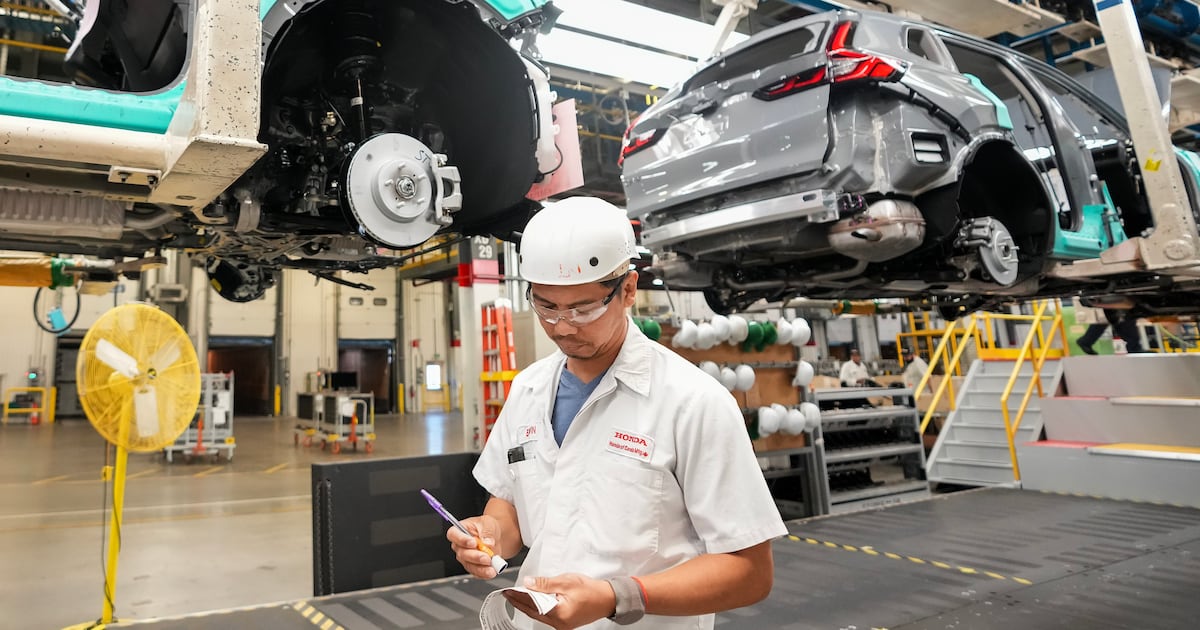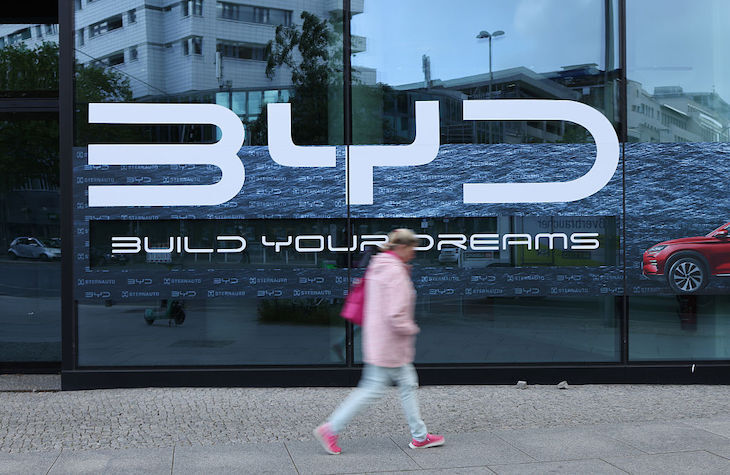- 9 Posts
- 6 Comments

 1·9 days ago
1·9 days agoThe reports of irregularities at the BYD factory site in Brazil could prove to be a major sticking point in Brazil-China relations
Brazil has long sought more Chinese investment. But China’s model of taking Chinese workers to the countries where it invests presents a challenge to local job creation, a priority for President Luiz Inacio Lula da Silva.

 23·9 days ago
23·9 days agoA task force led by Brazilian prosecutors said it rescued 163 Chinese nationals working in “slavery-like” conditions at a construction site […] where Chinese electric vehicle company BYD is building a factory.
The [Brazilian] Labor Prosecutor’s Office released videos of the dorms where the [Chinese] construction workers were staying, which showed beds with no mattresses and rooms without any places for the workers to store their personal belongings.
Officials said [BYD contractor] Jinjiang […] had confiscated the workers’ passports and held 60% of their wages. Those who quit would be forced to pay the company for their airfare from China, and for their return ticket, the statement said.
Prosecutors said the sanitary situation at BYD’s site in Camaçari was especially critical, with only one toilet for every 31 workers, forcing them to wake up at 4 a.m. to line up and get ready to leave for work at 5:30 a.m.

 51·9 days ago
51·9 days agoIn Brazil,
The Chinese workers hired by BYD contractor Jinjiang in Brazil had to hand over their passports to their new employer, let most of their wages be sent directly to China, and fork over an almost $900 deposit that they could only get back after six months’ work, according to a labor contract.
They know what’s giong on. It’s all Chinese, including the contractors.

 51·9 days ago
51·9 days agoBYD’s entire supply chain is fully vertically integrated. Also, workers in BYD’s factories in Brazil and elsewhere are exclusively Chinese migrant workers. BYD knows exactly what goes on.

 52·9 days ago
52·9 days ago[In Brazil], in the same month that BYD’s car carrier arrived in the country, Brazilian prosecutors announced plans to sue BYD and two of its contractors for ‘slave like conditions’ at a factory site. BYD has previously said it has ‘zero tolerance for violations of human rights and labour laws.’







Study on public EV charging in Europe